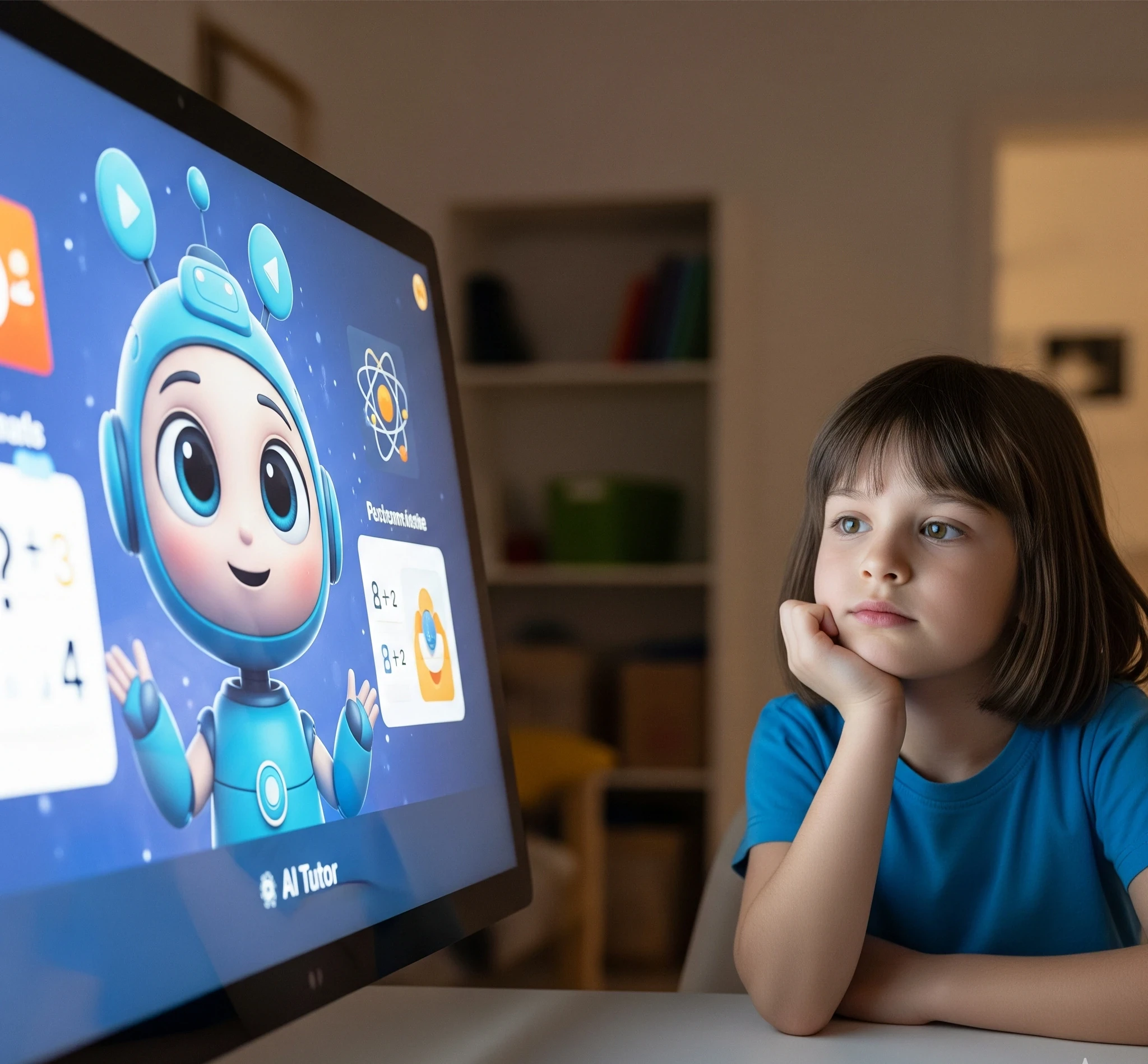
Over-Reliance on AI in Education: Hindering Children's Cognitive Development
Over-Reliance on AI in Education: Hindering Children's Cognitive Development
The rapid integration of Artificial Intelligence (AI) into education, particularly through virtual tutors and AI-powered learning platforms, presents both immense opportunities and significant challenges. While AI promises personalized learning and efficiency, a growing body of research, including latest 2025 studies, suggests that an over-reliance on AI systems can actively impede children's cognitive development, crucial for future academic and professional success. This article explores the negative effects, including algorithmic bias, plagiarism, and AI hallucinations, that threaten critical thinking and creativity in students.
The Allure and The Risk: AI's Double-Edged Sword
AI tools, from sophisticated writing assistants to interactive virtual tutors, are beco
ming ubiquitous in classrooms. Their appeal lies in their ability to provide instant feedback, tailor content to individual learning paces, and handle repetitive tasks. However, this convenience comes at a cost. When students excessively depend on AI to solve problems, generate ideas, or complete assignments, they bypass the crucial cognitive processes that foster deep learning and skill acquisition.
Algorithmic Bias: A Skewed Lens on Knowledge
One of the most insidious threats is algorithmic bias. AI systems are trained on vast datasets, and if these datasets reflect existing societal biases, the AI will perpetuate and even amplify them. In an educational context, this can lead to an uneven or distorted understanding of subjects. For instance, an AI tutor might inadvertently favor certain learning styles or cultural perspectives, leaving students from underrepresented groups at a disadvantage. Children exposed primarily to such biased information may develop a narrowed worldview and struggle to engage with diverse perspectives, thereby hindering their ability to think critically and empathize.
The Plagiarism Paradox: When Assistance Becomes Cheating

AI writing tools, while excellent for grammar and style suggestions, pose a significant risk of unintentional plagiarism. Students, especially younger ones, might struggle to differentiate between AI-generated content and their own original thought. The ease with which AI can produce coherent text can lead students to simply copy and paste, bypassing the laborious yet essential process of research, synthesis, and articulation. This practice not only undermines academic integrity but also stifles the development of essential writing skills, independent thought, and the ability to formulate arguments.
AI Hallucinations: The Erosion of Factual Understanding
Perhaps most concerning are AI hallucinations, where the AI generates plausible-sounding but entirely false information. In an academic setting, if students unquestioningly accept AI-generated content, they risk internalizing incorrect facts or misleading interpretations. This undermines their ability to discern truth from falsehood, a cornerstone of critical thinking. Relying on AI for factual recall or complex problem-solving without independent verification can lead to a generation of students who lack the foundational knowledge and the skeptical mindset necessary for effective learning and innovation.
The Path Forward: Balancing AI Integration
Educators and parents are increasingly voicing concerns about these potential drawbacks. The key lies not in outright rejecting AI but in promoting a balanced and mindful integration. AI should serve as a tool to augment, not replace, human cognitive effort. This means:
Teaching AI Literacy
Equipping students with the skills to understand how AI works, recognize its limitations, and critically evaluate its outputs.
Emphasizing Human-Centric Skills
Prioritizing the development of critical thinking, creativity, problem-solving, and emotional intelligence – skills that AI cannot replicate.
Encouraging Active Learning
Designing curricula that demand original thought, research, and collaborative problem-solving, where AI can be used as a support, not a substitute.
By understanding and mitigating the risks associated with AI over-reliance, we can ensure that AI truly serves as a beneficial partner in education, rather than an impediment to the holistic development of our children. The future of education hinges on this delicate balance, safeguarding essential cognitive skills while harnessing AI's true potential.






































